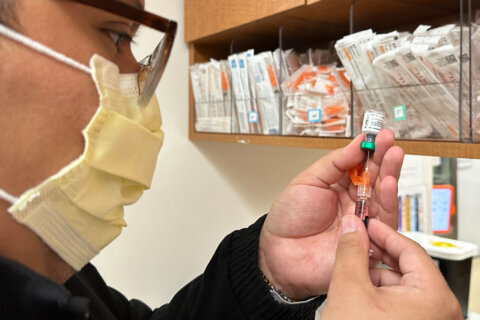A total of 387 individual cases of measles have been confirmed in 15 states from January 1 to March 28, 2019, according to the US Centers for Disease Control and Prevention. This is the second-greatest number of cases reported in the United States since measles was eliminated in 2000. The highest number of reported cases since elimination was 667 in 2014.
Measles is a highly contagious disease caused by a virus that can spread through the air when an infected person coughs or sneezes, or if a person comes into direct contact or shares germs by touching the same objects or surfaces.
The states reporting cases are Arizona, California, Colorado, Connecticut, Georgia, Illinois, Kentucky, Michigan, Missouri, New Hampshire, New Jersey, New York, Oregon, Texas and Washington.
The CDC says six outbreaks — defined as three or more cases — are ongoing in California (Santa Cruz and Butte County), New Jersey, New York (Rockland County and New York City) and Washington.
These outbreaks are linked to travelers who brought measles back from other countries such as Israel, Ukraine and the Philippines, where large measles outbreaks are occurring.
Typical measles symptoms, including high fever, rash all over the body, stuffy nose and reddened eyes, usually disappear without treatment within two or three weeks, though a severe case of the measles can lead to death.
Last week, in an effort to contain an outbreak of measles that began in October, Rockland County, New York, banned unvaccinated people under age 18 from public places. As of Friday, the county reported 153 confirmed cases, though state health officials noted that additional cases have not been reported.
Last year the CDC reported 372 total cases and 17 outbreaks, with three areas — New York, New York City, and New Jersey — contributing most of the cases. All three area outbreaks were linked to travelers bringing measles back from Israel and then spreading the virus among unvaccinated people in Orthodox Jewish communities.
A total of 82 people brought measles into the nation from other countries in 2018. This is the greatest number of imported cases since measles was eliminated in the US.
Since 1963, when the vaccine was introduced, cases and deaths from measles in the United States and other developed countries have plummeted. Prior to the vaccine, measles caused approximately 450 to 500 deaths each year in the United States.
The measles vaccine — known as the MMR vaccine — is very effective. One dose is about 93% effective at preventing measles if you come in contact with the virus. Two doses are about 97% effective. Experts recommend that children receive the vaccine in two doses, first, between ages 12 months and 15 months and then a second between 4 and 6 years old.
With any medicine, including vaccines, there is a chance of reactions, according to the CDC. These are usually mild and go away on their own, but there is a “remote chance” of the vaccine causing side effects and even serious injuries, according to the CDC.







